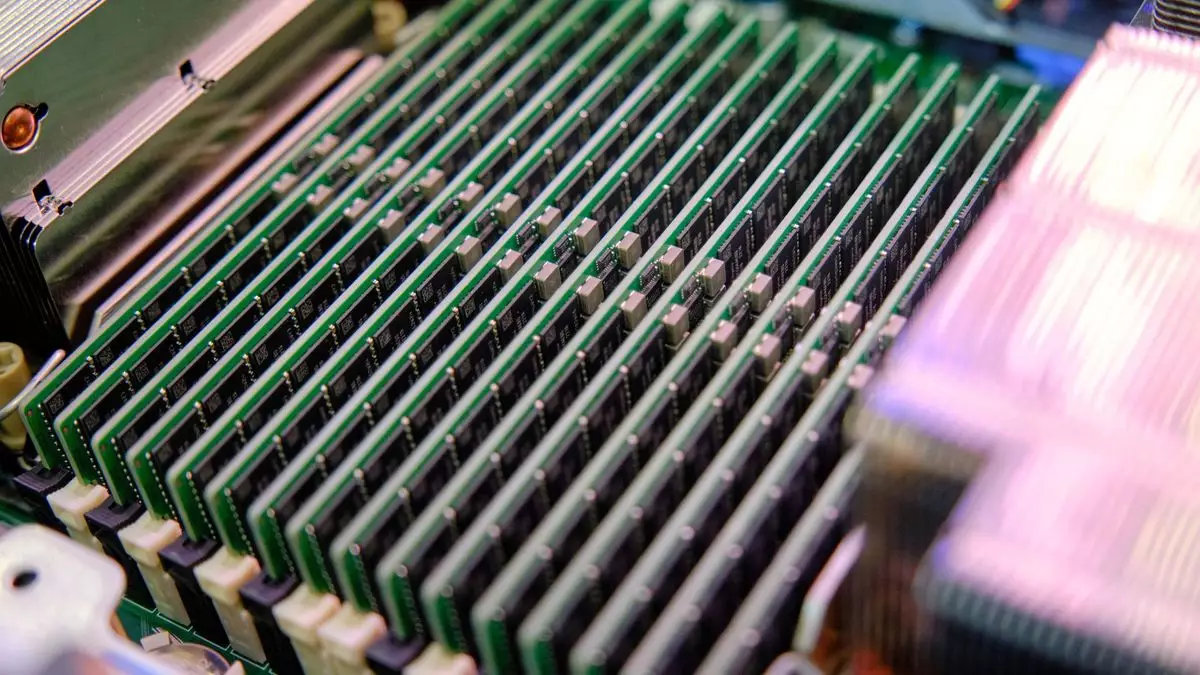Cloud computing has become a cornerstone for modern digital operations, and consequently, security measures accompanying it have gained in importance. Among various security features employed, AMD’s Secure Encrypted Virtualization with Secure Nested Paging (SEV-SNP) stands out. However, recent events, particularly involving a security breach that exploits vulnerabilities in SEV-SNP, have raised significant concerns regarding the safety of virtual environments.
AMD’s SEV-SNP serves as an advanced layer of protection designed to segregate virtual machines, ensuring that users accessing one VM cannot inadvertently access or modify the data of another. This addresses crucial data confidentiality and integrity issues in environments where multi-tenancy is prevalent, as is common in cloud computing. Organizations often favor SEV-SNP over Intel’s Software Guard Extensions (SGX) due to its enhanced ability to scale and protect entire virtual machines in a more robust manner. The benefits of employing SEV-SNP can often overshadow its competition, due in part to how it integrates with existing cloud infrastructures.
However, as reported in a concerning paper titled “BadRAM: Practical Memory Aliasing Attacks on Trusted Execution Environments,” researchers have demonstrated that even advanced security measures like SEV-SNP are not impervious. Using a Raspberry Pi Pico, they effectively bypassed SEV-SNP’s defenses. Their manipulation involved unlocking and modifying the Serial Presence Detect (SPD) data of DDR4 and DDR5 memory modules. This breach highlights the increasingly accessible tools and methods that malicious actors can employ, often at a very low cost.
The ramifications of this attack are far-reaching. By creating so-called “memory aliases,” adversaries can manipulate memory mappings, leading to scenarios where encrypted data is not only exposed but can also be altered or replayed. This denotes a significant compromise in the integrity of the VM environment—an outcome that is particularly damaging in high-stakes industries reliant on data confidentiality.
One of the more alarming revelations from the researchers’ findings is the simplicity with which the necessary tools can be obtained. The Raspberry Pi Pico and the DDR sockets used for the attack total around $10, a negligible cost for an aspiring infiltrator. Moreover, the need for minimal infrastructure, such as a standard battery for power, means that anyone with even a rudimentary tech background could theoretically execute such an attack.
However, acquiring the necessary hardware is only part of the equation; physical access to systems is critical to executing this type of vulnerability. The researchers noted that while direct access is usually a challenge for external actors, there are known circumstances—such as a malicious insider at a cloud service provider—where access could feasibly be obtained without attracting attention.
The implications of this security breach are not merely academic. Cloud providers and organizations employing AMD’s SEV-SNP must now reconsider their security protocols. While the severity of the vulnerability has been classified as a medium-risk problem (5.3 on a severity scale), it does not diminish the necessity for immediate remedial actions.
In response, AMD has urged companies to adopt better physical security measures. Recommendations include utilizing memory modules that completely lock SPD data and employing rigorous access control protocols to eliminate the risk of unauthorized physical access. The phrase “don’t leave your front door unlocked” poignantly summarizes the necessity of a comprehensive security mindset not only at the digital level but also in the physical realm.
In an era where cyber threats continue to evolve, the incident concerning AMD’s SEV-SNP serves as a cautionary tale. Organizations must not only invest in advanced technological solutions but also remain vigilant against potential weaknesses—both physical and digital. By actively reviewing and updating security practices, stakeholders can better safeguard their virtual environments and the sensitive data supported therein. The lessons learned from this breach are clear: in cybersecurity, complacency is not an option.


Leave a Reply